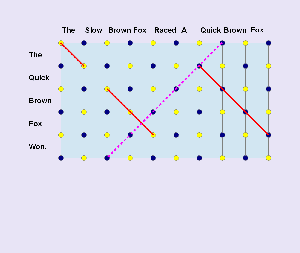At linux.conf.au this week and as always it is proving to be a great conference. Bdale’s keynote on Monday was a really good opening keynote: very wide-ranging, very high level, very interesting and relevant, very pragmatic and sensible.
One of this key points was that we should all just keep building the tools we want to use and making it easy for others to contribute. The long tail of developers who submit just one patch to the Linux kernel make a significant contribution but wouldn’t be there if it was hard to contribute, hard to get the source, or hard to build the source. With Linux all of these are relatively easy and other projects could learn from that … particularly the “easy to build” bit.
So let’s not worry about beating MS or Apple, or about claiming the year of the Linux anything. Let’s just do stuff we enjoy and make stuff we use and share our enthusiasm with others. If that doesn’t lead to world domination, nothing will.
For myself, I managed to get 3 speaking slots this year … makes up for not speaking for some years I guess. My first was yesterday about the OpenPhoenux project – follow-on from OpenMoko. It was very well attended, I got really good responses and positive feedback. I even managed to finish very very nearly on time. So overall, quite a success. I hope the next two (both tomorrow, Wednesday) go as well.
You can view the slides if you like, but they aren’t as good without all the talking. Hopefully the LCA organisers will upload the video at some stage.


